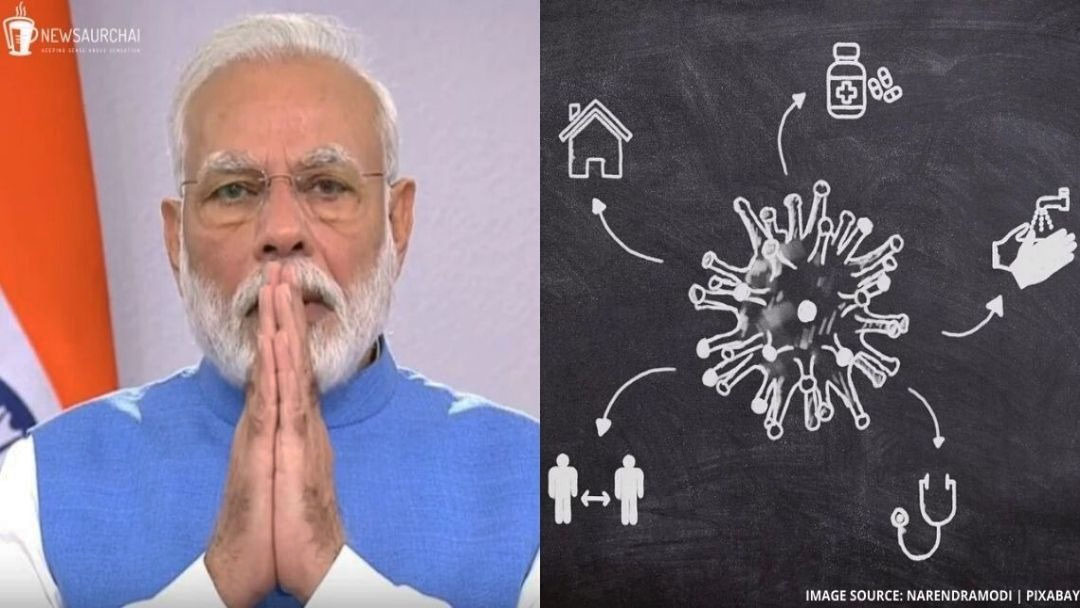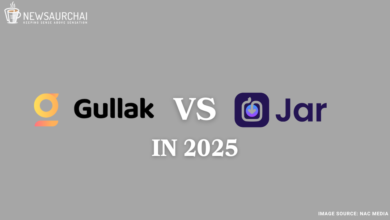
Amidst a rise in the number of infected cases of COVID-19 in the country, Prime Minister Narendra Modi on March 24 declared a 21-day total lockdown across India. According to official data, there are currently 512 active COVID-19 cases, and nine succumbed to death.
Here is what the lockdown guideline of the government says:
Under Lockdown:
All the transport services including air, rail and road are shut, all government offices with a certain exemption will be under lockdown. The industrial sector, Hospitality sector, educational institutions, commercial and private establishments; all places of worship, religious congregations; All social, political, sports, entertainment, academic, cultural, religious functions are barred.
Exempted
Certain categories are excluded from the lockdown, and they are as follows:
- Shops, including ration shops (under PDS), dealing with food, groceries, fruits and vegetables, dairy and milk booths, meat and fish, animal fodder. However, district authorities may encourage and facilitate home delivery to minimize the movement of citizens.
- Banks, insurance offices, and ATMs
- Essential services – Sanitation, water supply, power
- Hospitals and all related medical establishments, including manufacturing and distribution units, both in public and private sector, such as dispensaries, chemists, labs, clinics, nursing homes, ambulance
- Transport for all medical personnel, nurses, paramedical staff, other hospital support
- Home delivery of all essential good including food, medications, medical equipment through E-commerce.
- Print and electronic media, telecommunications, internet services, broadcasting and cable services and IT-enabled services (for essential services)
- Petrol pumps, LPG, petroleum and gas retail, storage outlets.
- Power generation, transmission and distribution units and services
- Capital and debt market services as notified by SEBI
- Cold storage and warehousing services
- Private security services
- Manufacturing units of essential commodities.
- After obtaining required permission from the respective state government, production units, which require continuous process, can operate.
- Transport of essential goods, fire, law and order and emergency services
- Hotels, homestays, lodges and motels that are serving tourists and those stranded due to lockdown, medical and emergency staff, air and sea crew, establishments earmarked for quarantine facilities.
- In funerals, not more than 20 persons will be permitted.
- Defence, central armed police forces, treasury
- Public utilities like petroleum, CNG, LPG, PNG
- Disaster management, post offices, police, home guards, fire and emergency services, prisons.
Penalties:
- All persons who have arrived in India after February 15 and all directed by the health care personnel to remain under strict home/institutional quarantine for a period decided by the authorities; failing to follow they will have to face action that could mean up to six months in jail.
- Punishment for blocking of duty: One to two years in prison and also with fine.
- Punishment for a false claim: Up to two years of imprisonment and fine.
- Punishment for false warning: Up to one year in jail or fine.






3 Comments